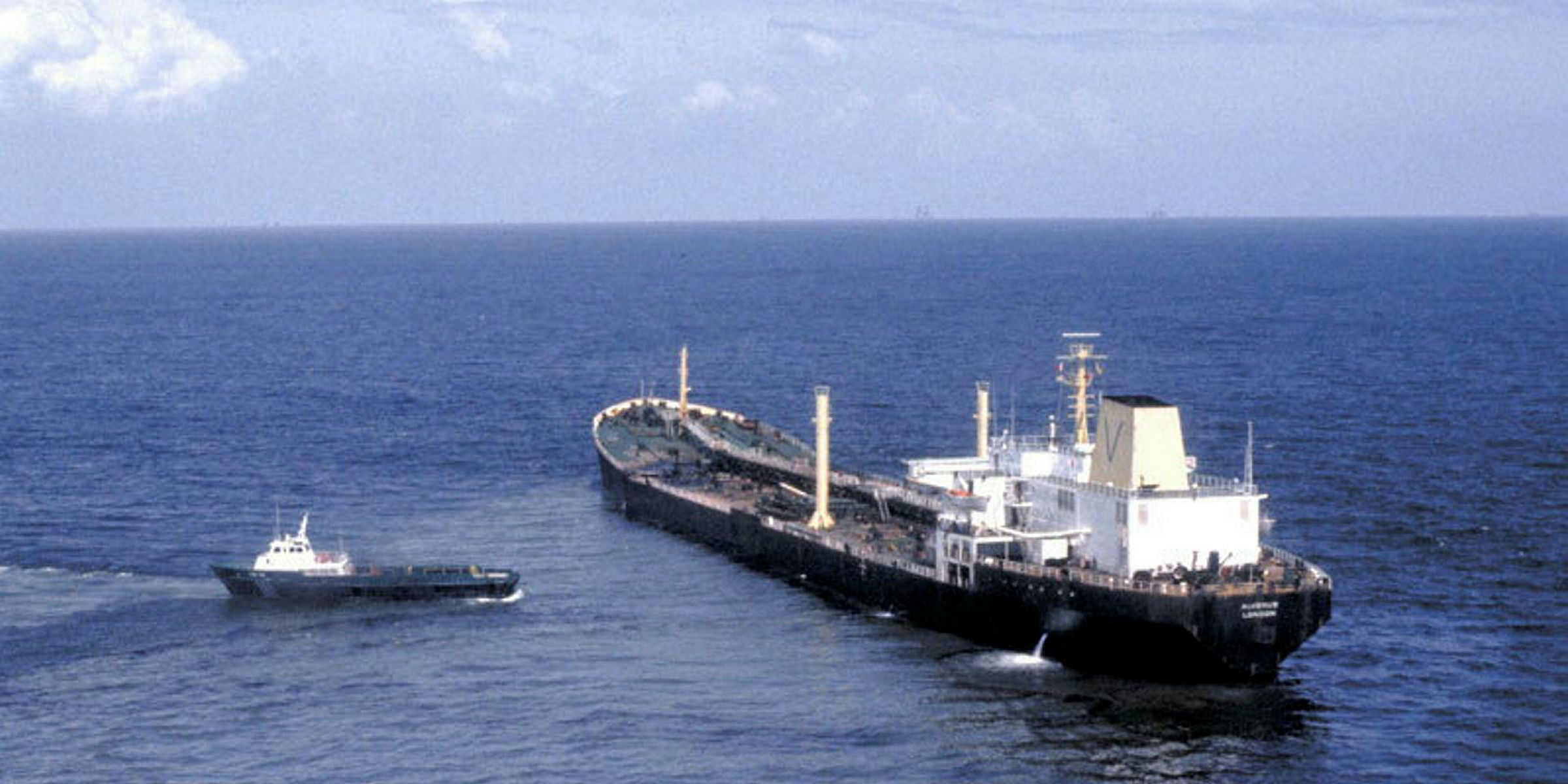A row over a tanker spill more than 20 years ago may be raised at the United Nations by Venezuela.
The country’s energy and petroleum commission is threatening to escalate a dispute over compensation for a spill from the 57,000-dwt tanker Plate Princess (built 1979) to the highest diplomatic levels.
There is a long-running stand-off between Venezuela’s Supreme Court and the International Oil Pollution Compensation (IOPC) Funds over about $80m of dubious claims from fishermen, arising from a small Lake Maracaibo spill by the Plate Princess in 1997.
Venezuela is asking for an explanation for a failure to pay compensation and wants delegates from member states to discuss the issue at meetings of the IOPC Funds' governing bodies that start at the end of this month.
There are at least two major issues in dispute between Venezuela and the IOPC Funds. The most fundamental is whether Venezuela was a party to the 1992 fund convention and the other the question of whether there was any significant pollution that warranted payment of compensation.
Venezuela was a signatory to the 1971 fund compensation regime but this no longer exists as it was wound up in 2014. The country did not sign up to the current 1992 fund compensation until two years after the Plate Princess spill.
But Venezuela appears to take the view that it automatically became a party to the 1992 compensation system as a result of denouncing the 1971 convention.
The case for taking the dispute to the UN is based on the IMO being the depository for the diplomatic treaties governing tanker spill compensation.
Venezuela’s energy and petroleum commission, which appears to be an arm of the country’s National Assembly, argues that the IOPC Funds is obliged to pay compensation since there has been a final court judgment against the IOPC Funds.
IOPC Funds director Jose Maura says he intends to continue to defend the organisation’s legal position in the London courts and decisions relating to the Plate Princess were correctly made by the 1971 fund.



